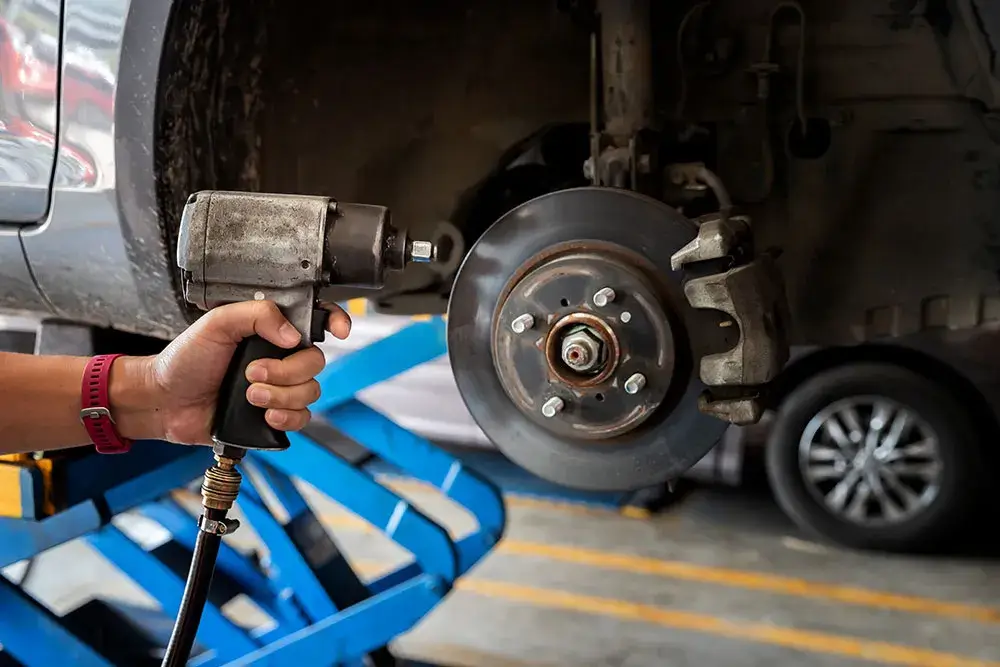Toyota vehicles have earned a reputation for their reliability, longevity, and safety features. One crucial aspect of maintaining these qualities is ensuring the proper functioning of the brake system. In this article, we’ll explore the key considerations for brake repair in Toyota vehicles, emphasizing reliability and safety.
Reliable OEM Components
Toyota’s commitment to quality extends to its brake systems, and using Original Equipment Manufacturer (OEM) components is fundamental to maintaining the vehicle’s reliability. OEM parts are designed to match the specifications of the vehicle, ensuring optimal performance and compatibility. While aftermarket options might be available, they might not offer the same level of assurance and longevity as OEM parts.
Brake Fluid Maintenance
Regular brake fluid maintenance is essential for Toyota vehicles, as contaminated brake fluid can lead to reduced braking efficiency and potential system damage. Following the manufacturer’s recommended brake fluid replacement intervals and using the correct brake fluid type are crucial to ensure the system’s integrity.
Brake Pad Selection
Selecting the right brake pads for Toyota vehicles involves considering factors such as driving habits, vehicle model, and intended use. Toyota offers a range of models, from compact cars to SUVs, each with varying driving requirements. Choosing the appropriate brake pads will help maintain balanced braking performance, reduce noise, and extend pad life.
Rotor Inspection and Resurfacing
Toyota vehicles are designed for durability and dependable performance, and their brake rotors play a critical role in achieving these characteristics. Regular rotor inspections are vital to identify wear, scoring, or warping. If the rotors are still in good condition, resurfacing might be an option to restore their effectiveness and extend their life.
Anti-lock Brake System (ABS) Care
Many Toyota vehicles are equipped with advanced safety features like Anti-lock Brake Systems (ABS), designed to prevent wheel lockup during emergency braking. Regular inspections of the ABS system are essential to ensure its functionality. If the ABS warning light appears on the dashboard, prompt attention from a qualified technician is necessary to diagnose and resolve any issues.
Routine Maintenance
Consistent brake system maintenance is key to preserving the reliability and safety of Toyota vehicles. Regular brake inspections, along with checks on brake pads, rotors, and brake lines, will help identify and address potential issues before they escalate. Staying proactive with maintenance contributes to the overall longevity of the vehicle.
Brake repair for Toyota vehicles is a commitment to maintaining the reliability and safety that these vehicles are known for. By using OEM components, following recommended maintenance schedules, and understanding the unique characteristics of Toyota’s brake systems, drivers can enjoy a dependable and safe driving experience. Remember, brake repair is not just about fixing a part; it’s about upholding the legacy of Toyota’s quality craftsmanship while prioritizing the safety of the driver and passengers.

